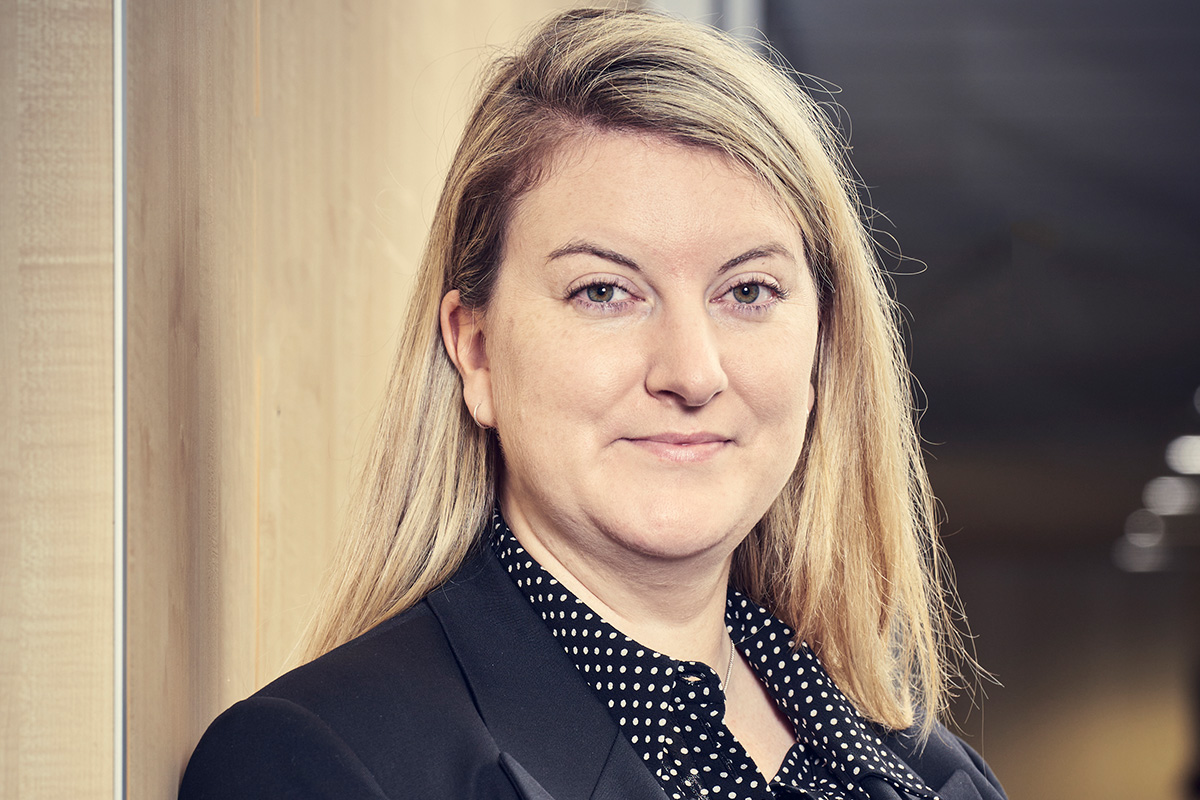
Carla Burgess, lawyer, Gordon Legal
Under the Health Practitioner Regulation National Law, the Nursing and Midwifery Board of Australia (NMBA) through AHPRA enforces the Registration standard: Recency of practice.
As a nurse or midwife, you are responsible for ensuring that you have recent experience in practicing your profession and that your professional skills are current and up to date in order to meet the Recency of practice standard each year when you renew your registration.
The Recency of practice standard sets out the requirements.
Recency of practice
Nurses and midwives are required to maintain recency of practice by ensuring they have completed a minimum of 450 hours of practice within the last five (5) years. These hours of practice do not need to be continuous, so long as the hours are accumulated over the past five-year period.
If you hold dual registration as a nurse and midwife, you must be able to demonstrate that you have practised 450 hours in nursing and 450 hours in midwifery over the past five years.
If you wished to take some time away from the profession for a period of time, you could still re-apply for registration and recommence clinical or non-clinical practice but you must have completed 450 hours of clinical practice within the past total five years along with your continuous professional development obligations.
Nurses or midwives who do not meet the recency of practice registration standard may need to complete re-entry to practice requirements, which can include having to complete further study under provisional registration or be subject to supervision conditions.
Special rules apply to graduate nurses applying for registration for the first time within two years of graduating from their course.
What is practice?
Practice includes any role, whether paid or not, in which the individual uses their skills and knowledge as a health practitioner in their profession.
Clinical practice includes providing direct clinical care or providing oversight of direct clinical care of patients, or being directly involved in the clinical education of nursing students at pre-registration, bridging or post registration levels.
However, practice is not restricted to the provision of direct clinical care. It also includes non-clinical practice where there is no involvement in providing direct clinical care or oversight. It includes using professional knowledge in a direct non-clinical relationship with clients, working in management, administration, education, research, advisory, regulatory or policy development roles, and any other roles that impact on the safe, effective delivery of services in the profession.
The NMBA recognises practice hours if it can be demonstrated that you hold or have held registration in Australia or overseas and your role has involved the application of nursing/midwifery skills, or alternatively that you have carried out postgraduate education leading to an award or qualification that is relevant to the practice of the nursing/midwifery profession.
Non-practising registration
Non-practising registration is a type of registration that is suitable for nurses or midwives who wish to stop ALL nursing and/or midwifery practice but want to retain their protected title as a nurse or midwife.
It is not an automatic or necessarily easy process, particularly if you wish to return to practice as a nurse in the future, regardless of the capacity in which you wish to function.
Nurses and midwives who have held non-practising registration and have not completed 450 hours of practice in the previous five years may be required to undertake an NMBA-approved clinical re-entry to practice program or a period of supervised practice in order to demonstrate competence in clinical or non-clinical practice before being eligible for practising registration.
If you are considering changing your registration status, we strongly advise you contact the ANMF for advice and guidance.




